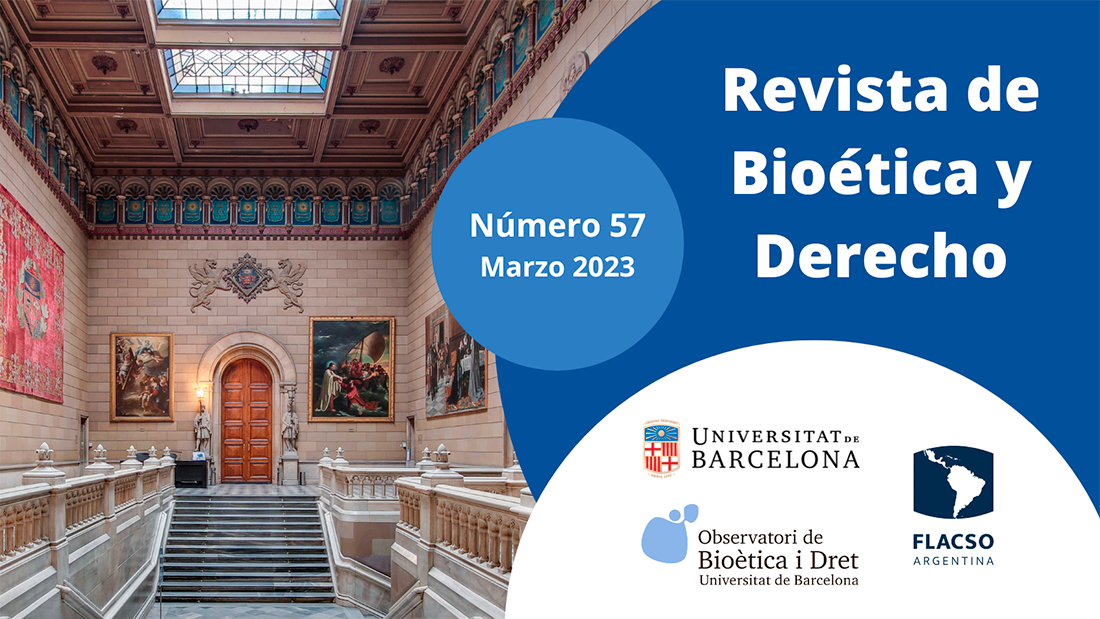Patients with chronic conditions and palliative care in oncology: A connection made too late. Telemedicine for palliative care in oncology
DOI:
https://doi.org/10.1344/rbd2023.57.41734Abstract
In 2030, 23.4% of the French population will be over 65 years old. Most of them will have chronic pathologies (cancers) requiring comprehensive management by palliative care teams. However, the limited number of hospital beds and physicians suggests that there will be a rapid need to develop telemedicine for the follow-up of palliative care patients. We proposed to 30 patients a monthly follow-up by teleconsultation after an initial evaluation in a palliative care day hospital in order to evaluate the material feasibility of consultations by telemedicine (patients altered in the context of their advanced course of cancer, often elderly) and the adherence of the patients to this practice. We collected the patients' experience and feelings regarding these teleconsultations 3 months after inclusion. We have shown the feasibility of teleconsultation for patients followed in palliative care. Patients are in favour of this type of follow-up. They have no difficulty connecting regardless of their age. They all benefit from it. A relationship of trust is easily established with their doctor, despite their lack of knowledge prior to teleconsultation. On the other hand, our study shows that 65% of the patients to whom we proposed a follow-up by telemedicine died before 3 months after inclusion, which means that patients have access to palliative care far too late. It is therefore particularly important to promote not only telemedicine but also early access to palliative care for patients.
Downloads
Published
How to Cite
Issue
Section
License
Copyright (c) 2023 Bettina Couderc, Valerie Mauries Saffon, Alfonsina Faya-Robles

This work is licensed under a Creative Commons Attribution-NonCommercial-NoDerivatives 4.0 International License.
 The author retains the copyright and grants Revista de Bioética y Derecho the right of first publication of the article. All articles published in Revista de Bioética y Derecho are under Creative Commons licensing Recognition – Non Commercial – NoDerivedArtwork (by-nc-nd 4.0), which allows sharing the content with third parties, provided that they acknowledge its authorship, initial publication in this journal and the terms of the license. No commercial use of the original work or generation of derivative works is permitted.
The author retains the copyright and grants Revista de Bioética y Derecho the right of first publication of the article. All articles published in Revista de Bioética y Derecho are under Creative Commons licensing Recognition – Non Commercial – NoDerivedArtwork (by-nc-nd 4.0), which allows sharing the content with third parties, provided that they acknowledge its authorship, initial publication in this journal and the terms of the license. No commercial use of the original work or generation of derivative works is permitted.







